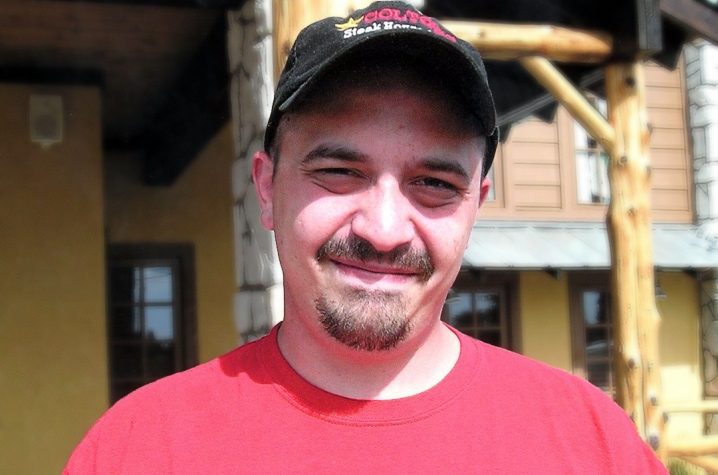Improving Mental Health Through Supported Employment

LEXINGTON, Ky. (May 11, 2012) — For people who live with a diagnosed mental illness, having a job can provide much more than financial support. It can provide a sense of self-worth and connection to the community, both of which are essential to maintaining mental health.
Many adults with serious mental illness are capable of working and desire employment. However, in Kentucky, as with the United States in general, the vast majority are unemployed and often lack resources to help them find a job or to support them in their work.
The University of Kentucky’s Human Development Institute, in partnership with the Kentucky Division of Behavioral Health, Cabinet for Health and Family Services, and the Kentucky Office of Vocational Rehabilitation, is working to implement evidence-based supported employment services for adults with serious mental illness.
Kentucky was awarded a four-year grant from Johnson & Johnson-Dartmouth Community Mental Health Program to implement a statewide supported employment program, using the Individual Placement and Support model established at Dartmouth College. Kentucky was the 12th state to receive this grant.
The aim of the grant is to offer high-quality supported employment services to adults with serious mental illness or co-occurring mental health and substance abuse disorders, and to improve the overall employment rate of people with mental illness throughout the Commonwealth who want to work.
"My personal mission for the project is to change the lens in which we see people, to change the focus to what people can do instead of focusing on what they can't," says Lori Norton, a supported employment trainer with UK's Human Development Institute.
Employment is an essential part of the recovery process. According to Dartmouth, 70 percent of people with mental illness say they would like to work, yet less than 15 percent are employed. In Kentucky, according to data from 2009, less than 10 percent of people with mental illness who are receiving services through community mental health centers are employed.
The Dartmouth Supported Employment Project (DSEP) began implementation in Kentucky in 2010 with four community mental health centers, in Covington, Paducah, Maysville and Elizabethtown. Implementation has also begun with a new site in Louisville. Each site works with one or more vocational rehabilitation liaisons.
Three of the four sites have expanded into new counties to provide supported employment services, and two new sites are scheduled to open July 1. So far, DSEP has helped more than 80 people secure employment in full- and part-time jobs.
Services are driven by a set of core principles, which include consumer choice, integrating employment with treatment, and beginning job searches soon after the consumer expresses interest. With the goal of finding competitive jobs in mind, supports are continuous and benefits planning is also offered.
Tyler Wilcutt works at Colton's Steakhouse and Grill in Radcliff with support from DSEP partner The Employment Connection, at Communicare in Elizabethtown. He started out as a fry cook, then quickly moved up to saute cook. While employed at Colton’s, he has received two raises, and he has recently gotten married.
“Work means being a provider, first as a father and now as a husband," Wilcutt said. "It means money coming in because of me, a roof over my family’s head, food on the table and clothes on their back. Work means making friends and new supports in my life. To me, work means being more active, more positive, and doing something about your problems instead of just wishing they would go away."
For more information about the Dartmouth Supported Employment Project at UK, please call Lori Norton, Supported Employment Trainer, at (859) 339-0730 or email lori.norton@uky.edu.
MEDIA CONTACT: Keith Hautala, (859) 323-2396; keith.hautala@uky.edu




